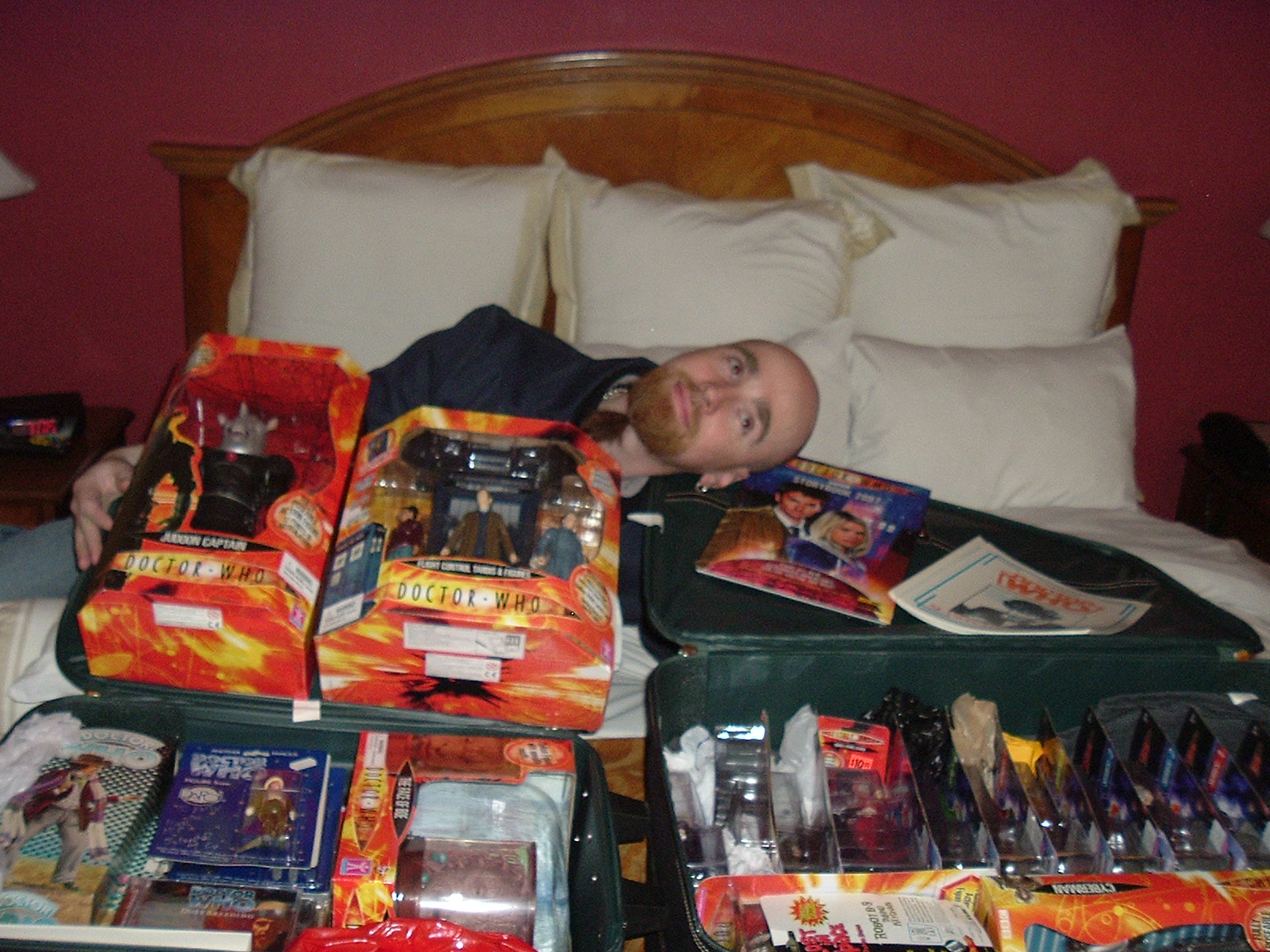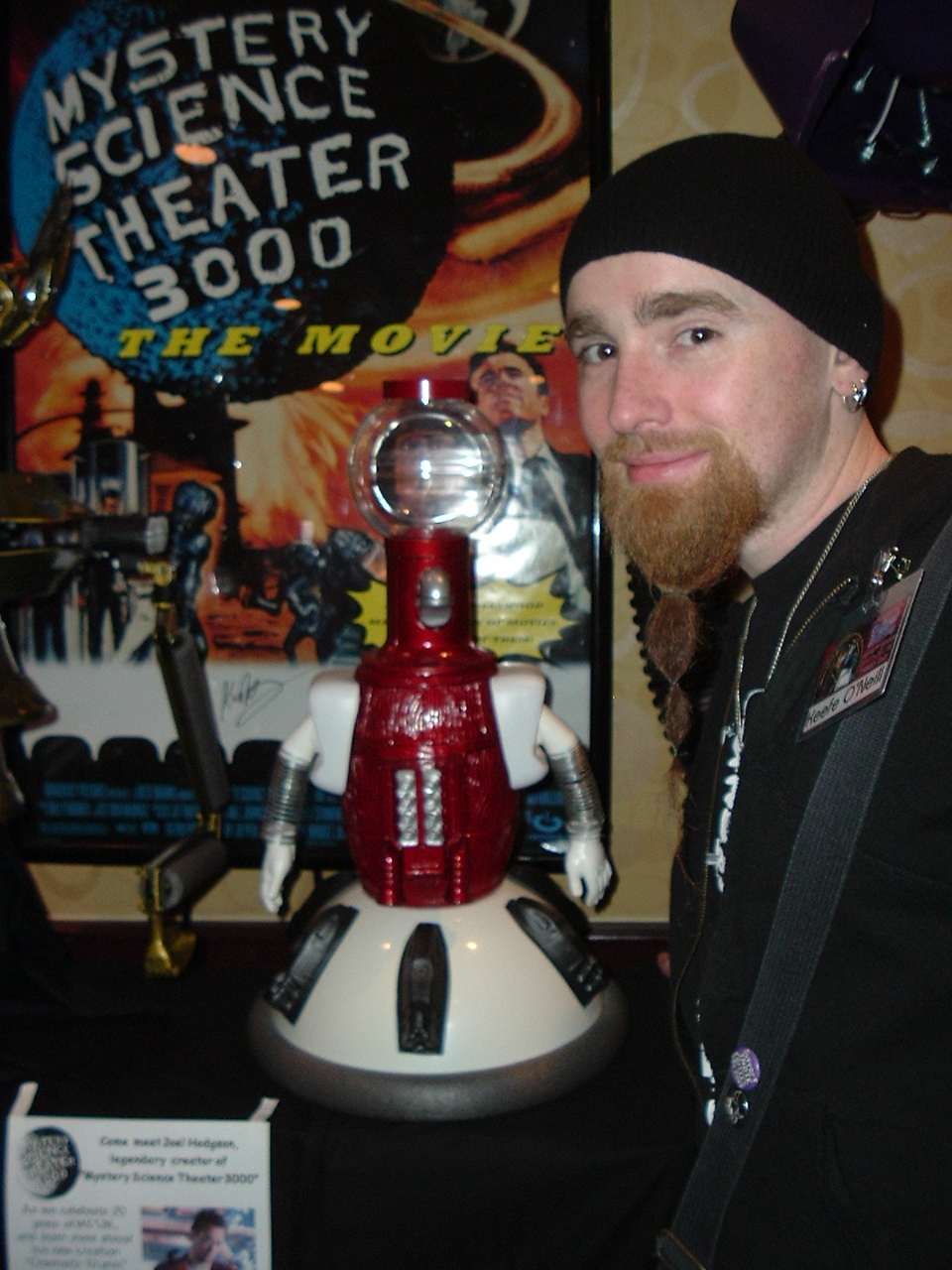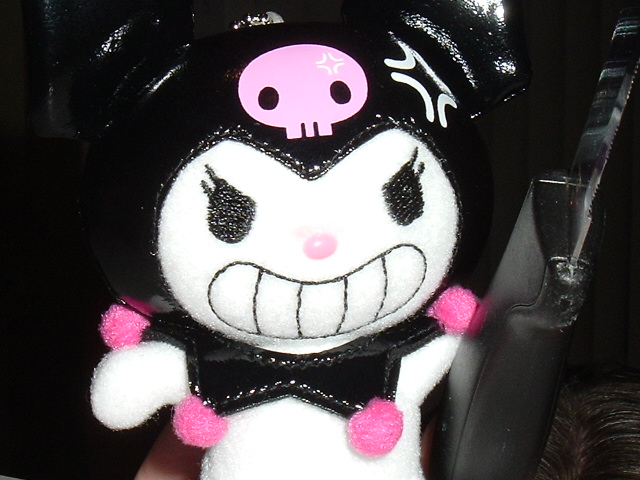I'm a big Star Wars fan. And by fan, I really am intending the original usage of the word, a shortened version of 'fanatic.' Quicker to say, but supposed to convey a level of interest that goes beyond a passing appreciation and into the realms of reference quoting, multiple viewings, and overbearing exuberance.
So when Lester Brown begins to discuss in this week's video the current perception held by a lot of people in relation to sustainability, I began to think of a little 900 year old Jedi master. Mr. Brown was detailing the verbiage commonly used when considering the options of sustainability, namely a phrase of something being 'more sustainable' or 'less sustainable.' I immediately heard it in my head: "Do, or do not. There is no try."
To me, sustainability is not a platform-defining political buzzword to be bandied about in hopes of getting the greenies on board. Nor is it another compromise extended to the masses or a great new angle for advertising. To sustain is to do more than just maintain; we're not trying to keep a status quo. There is not an easy way out here. The goal of sustainability is to equilibrate - achieve a balance. Balance implies a natural renewability that does not require outside influences in order to attain that status, and as such, sustainability is a state of being. In order to reach it, our civilization will need to change.
In Leading Change Toward Sustainability, Bob Doppelt conveys that the change necessary is to provide and protect our options. His example of the Northwest salmon was particularly apt to illustrate that sustainability requires more than one solution, and that the beginning steps involve reforming paradigms such as the financial and social benefits inherent in such change. Rather than relegating the philosophical goals of sustainability to the backburner as not being fiscally cognizant, it's important for the worldwide change toward sustainability be encompassing and inclusive in order to succeed.
It really is all about the "Community of Life" as identified in the Earth Charter. All that goes into a community, the people, the location, the goals and accepted behaviors therein, are to be invested in this new world vision. And to sustain that community is of utmost importance. We just have a bit of a drive ahead of us to get there, and one challenge is the communication of the vision.
With so many different definitions of sustainability, from the community idea to the more analytical interpretations, it's hard for people to grasp to what extent such a vast change is needed. Instead, we have social connotations assigned to the movement of hippies, greenies, etc. We have politics and international posturing to overcome. Yet what is clearly important at this critical stage is to clearly convey what we hope to achieve so that we can combat any misconceptions and begin to take meaningful steps at all levels to reach sustainability. For how can we inspire a worldwide restructuring that will affect governments and individuals, economics and religious beliefs, and in fact all aspects of society without a clear definition of what we need to do, why it affects us all, and really, why we cannot fail?
We don't have an X-wing stuck in the swamp to show how our tiny frame can move mountains with the power of our mind alone. But we must do, or do not. There is no try - because Earth doesn't get a sequel.
skip to main |
skip to sidebar



Slipping sideways...
Doctor Who

Materialisations
More Fun

Merry Go Round
Shards of Glass

